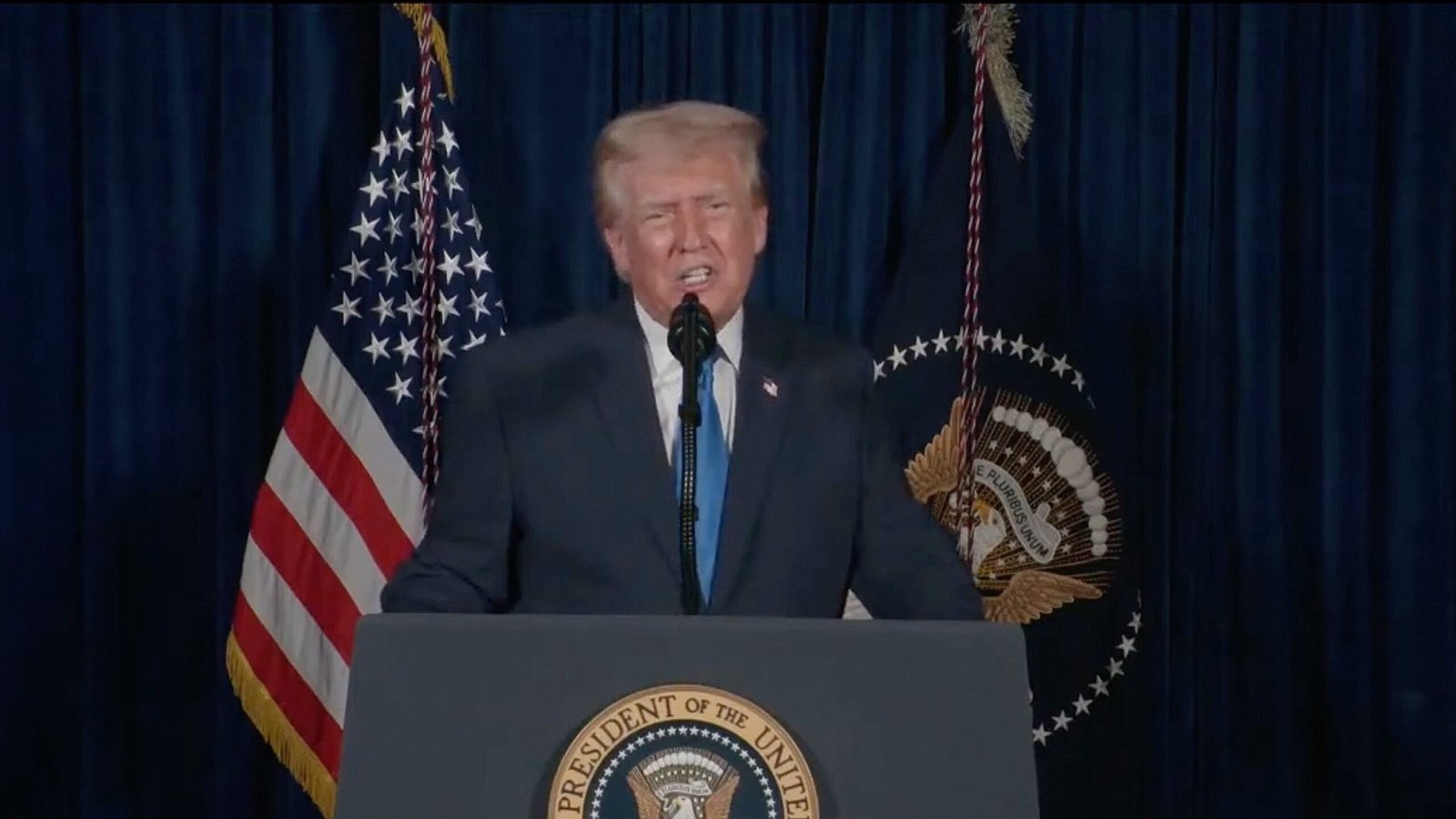The Trump administration remains firm in the ongoing dispute over whether it intentionally violated a court order last week, arguing in a presentation of a court on Tuesday night that the directive of a federal judge to change the two deportation flights was not a binding order.
In a 14 -page presentation, the lawyers of the Department of Justice argued that the oral directive of the United States District Judge, James Boasberg, “was not enforceable as a court order” when the judge ordered that the government deliver two deportation flights on its way to El Salvador after the Trump administration invoked the action of the alien enemies to the 200 presented to the 200 presented to the 200 Due process.
The government failed to change flights, and an official later acknowledged that “many” of the detainees had no criminal record in the United States.
“[A]NY Any order that restricted the invocation of the proclamation could not have forced the president to return foreign terrorists from outside the United States, and any government refusal to do so was not a violation of the orders of the Court, “wrote the attached attorney general Drew Assign in Tuesday’s presentation.
At no time for the presentation, the Trump administration argued that it complied with the Oral Directive of the Court to return the two flights of Venezuelan migrants, which was issued from the bank at approximately 6:45 pm et last Saturday; On the other hand, the lawyers of the Department of Justice attacked the authority of the bank’s decision while they insisted that they complied with the written order of the Court that was issued later that night.
“It is well established that an oral directive is not enforceable as a court order,” Ensign wrote. “There are powerful reasons of common sense by which only written mandates are binding.”
Because Judge Boasberg did not mention the return of flights in his written order, issued at 7:25 pm et on Saturday, Ensign argued that the Trump administration could have believed that the judge changed his mind.

The alleged members of the Venezuelan criminal organization, Aragua Train, which were deported by the United States government, are arrested at the Center for Confinement of Terrorism in Tecoluca, El Salvador in a photo obtained on March 16, 2025.
Press Secretary of the Presidency Via Reuters
“When the written order did not include that command, the Government could have reasonably understood that, by reflecting the most considered opinion of the court in a quick evolution situation,” the presentation said.
According to the DAJ lawyers, the flights transported to the alleged members of the Venezuelan gang of Aragua were out of American airspace when the judge issued his written order, which means that Judge Boasberg lacked the authority to change flights.
“Here, any member of the putative class aboard the referenced flights had already left the United States when the minute order was entered, and therefore had already been eliminated. No court has the power to force the president to return them, and there is no solid base to read the minute order of the Court as to require that passage unprecedented,” Alfiel wrote.
The lawyers of the Department of Justice also criticized the authority of Judge Boasberg to redirect flights, arguing that the directive is a “amazingly ultra vires of the Judiciary” that conflicts with the “basic constitutional principles.”
“The final direction of the president of the flights in question here, especially once they had moved away from the United States airspace, involved military issues, national security and foreign affairs outside the borders of our nation. As such, it went beyond the authority of the courts to judge,” said the presentation.
On Monday, a Federal Court of Appeals heard arguments of the Trump administration that sought to revoke Boasberg’s block over the use of the Alien Enemies Law for Deportations. The Court of Appeals did not issue an immediate decision.






